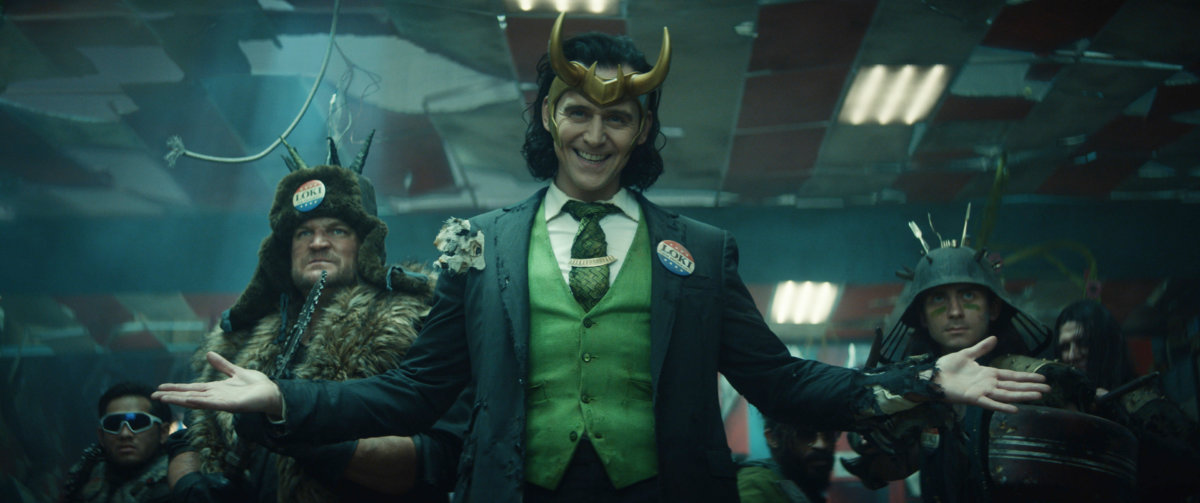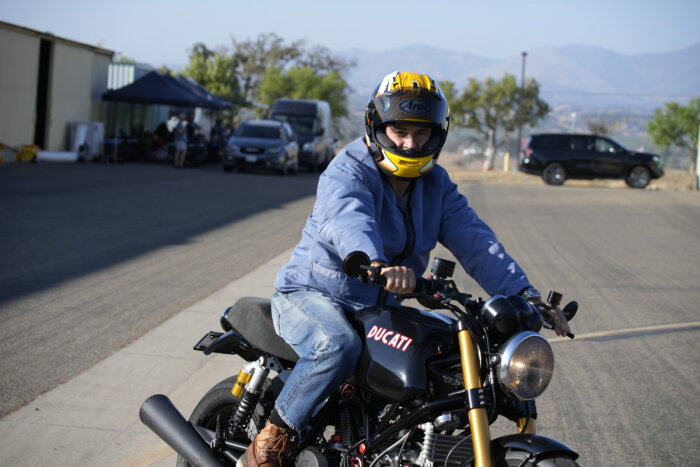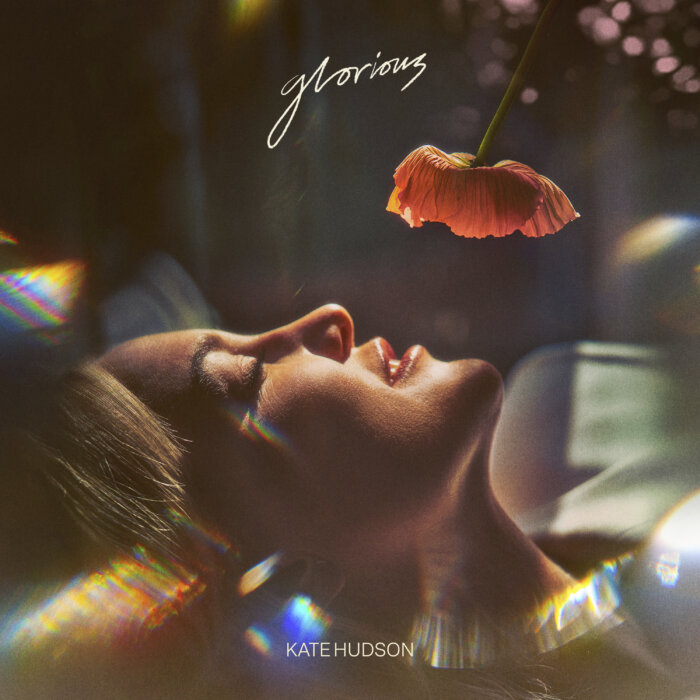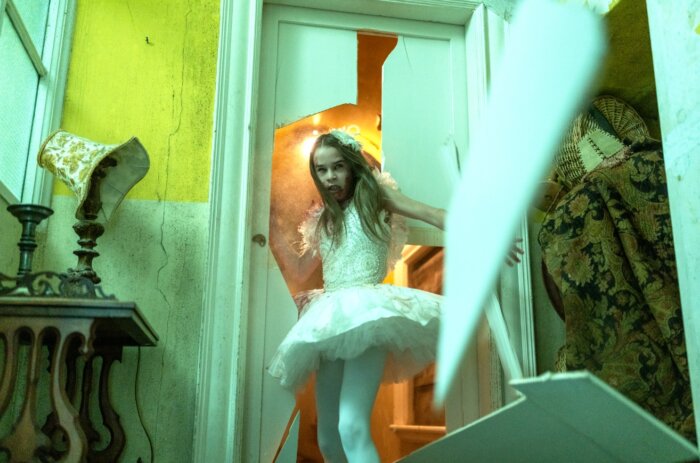By María Estévez, MWN
Loki is one of the most anticipated projects by fans of the Marvel Cinematic Universe. In the series, Tom Hiddleston appears as Thor’s brother, Loki, and for the first time in the saga, we see the character of Agent Mobius, played by Owen Wilson.
The time-traveling procedural drama, which starts where we last saw Loki in “Avengers: Endgame,” will see Hiddleston’s character maintaining his mystery and criminal attitude. To play Thor’s adopted brother, the English actor got a new look as a prisoner in a modern jail. This Loki is a darker, meaner god. He hasn’t yet undergone all that brotherly character development from “Thor: The Dark World,” “Thor: Ragnarok,” and “Avengers: Infinity War.”
Metro chatted with Hiddleston to learn more.
Do you prefer being a bad guy or a good guy?
I love playing both, to be honest. There are different challenges involved. I am interested in flawed heroes and heroic villains. Because I think no one’s all-wise or all-bad. I don’t believe in moral absolutes or moral purity. There’s a Stanislavski question in a Russian acting training. The first question an actor has to ask about his character is, ‘Who am I?’ For me, Loki is a mercurial shapeshifter who seems to present one thing on the external when there is perhaps another thing going on in the internal. And I love that about a character, the ambiguity. I mean, it’s not every day I get to fly around like it’s my own personal circus.
Do you think your character is misunderstood?
In Loki, like in Avengers, he’s taken that misunderstanding and swallowed it, becoming kind of maniacal and egotistical. We are back to seeing him very angry and vengeful. But I found that really beautiful, actually. It is fun to play the character even when he does some pretty nasty things. I hope I have retained a sense of his emotional damage.
He is a little bit more maniacal in the series.
Yes. More than a little bit, I would say. When we catch up with Loki, his stealing of the Tesseract has led to his imprisonment by the bureaucratic Time Variance Authority, formed to ensure that time unfolds according to its predetermined outcomes. Loki’s been stripped of his powers and his trademark green and gold ensemble, making him more human than ever. But don’t expect that to dim his light. You can take his scepter away, you can take off the cape and the fine Asgardian leather and literally put him in a button-down shirt and pants, and he’s still Loki. He’s more Loki than you’ve ever seen.
How did you react when you knew about this series?
I did the happy dance. I wasn’t allowed to tell anyone. I think the most significant characteristic of Loki is his loneliness, an emotion that has unleashed the admiration for this character.
Are we fascinated by myth?
We need myths as a society, we feed on them. Loki lives in accordance with his nature, and we are losing that consonance. Loki is magnificent, different, much bigger, so we can dive into his previous life. We are going to learn another ecosystem as well as more details on the character.
Tell us about your preparation.
I knew that there was discipline within this character. His soul is awash with rigidity trained from his childhood. Thanks to the physical discipline he shows, he also teaches his intransigence and mercurial behavior. All of this helped me understand the character. It has been a very physical role, which has demanded a lot of me and for which I have prepared myself to the maximum.
Loki and the Avenger Team have become a myth that helps us understand human existence, especially in the cinema.
In Hollywood, there is a tendency to adapt stories to modern times. What I like most about my character is that he is always transforming. The backbone of the film is the power of this mythical character. Humans need to remember that they are small, so they seek to face powerful titans to win. I have always been attracted to the image of a myth. I do not want to be pretentious or intellectualize the character, however, I have read the classics in college and I know that since the time of the Greeks and Romans we have been fascinated with immortal, huge creatures. They are a source of inspiration, they open our imagination. I like the stories about gods, about great myths.
































